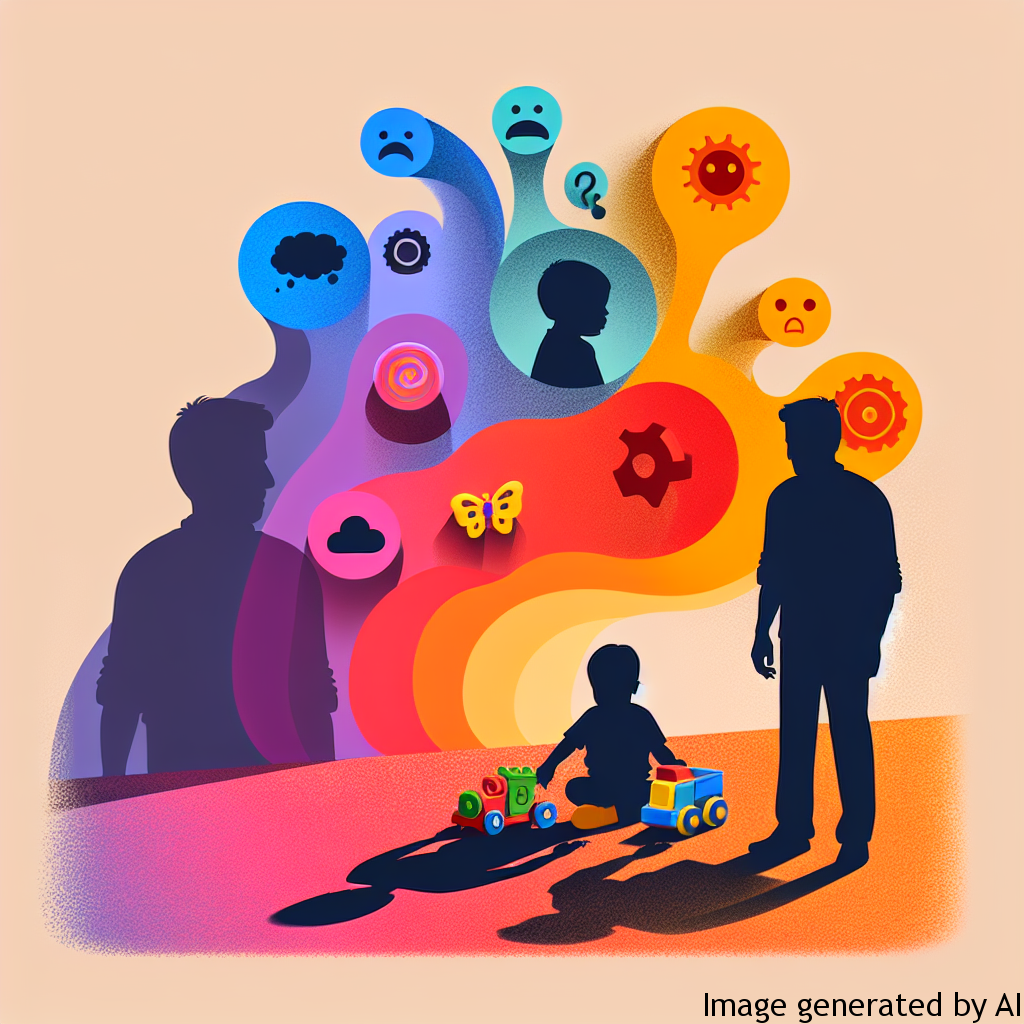Introduction
The concept of early socialization and its potential impact on mental health is a crucial topic of discussion in modern psychology. This becomes even more significant when we consider the unique pressures and expectations of societal gender norms on men. The way we are socialized in our formative years can profoundly influence our personality and mental health throughout the life course. This article will discuss the impact of early socialization on men’s mental health, exploring the role of gender expectations, providing examples, and offering strategies for improvement.
Description of Gender Expectations and Their Impact on Men’s Mental Health
Definition of Gender Expectations
Gender expectations refer to societal norms and ideals that determine what behaviors, attitudes, and roles are considered “appropriate” for each gender. These are not innate but are typically learned and reinforced during early childhood socialization.
Impact on Psychological Health
These pre-set expectations can have a significant impact on men’s mental health. They often demand men to be strong, stoic, and unemotional imposed by a “masculine” archetype. This repression of emotion can lead to increased stress, anxiety, and even depression. Men are also significantly less likely to seek help for their mental health issues, primarily due to the fear of appearing weak or unmanly, further compounding their struggles with mental health.
Examples of How Gender Roles Can Affect Men’s Lives
Gender roles can affect every aspect of a man’s life, from personal relationships to career progression and self-esteem. Men, often socialized to be assertive and dominant, may struggle with expressing vulnerability, compromising their ability to build deep, meaningful relationships. In workplaces, the pressure to constantly exhibit ambitiousness and authority can lead to burnout and related stress disorders. The societal expectation for men to be the primary breadwinners of the family can also generate immense pressure and anxiety, which can impact their mental health.
Advice for Improving Mental Health Considering Gender Roles
The first step for improving mental health is to recognise and challenge these harmful gender roles and expectations. It’s crucial to remember that it’s okay for men to express their emotions. Encourage open conversations about mental health, and emphasize the importance of seeking help when needed. Additionally, promoting healthy lifestyles including regular exercise and a balanced diet can contribute to better mental health outcomes.
Conclusion
The influence of early socialization and gender expectations on men’s mental health is significant and cannot be overlooked. It’s high time to challenge these harmful stereotypes and promote a healthier understanding of masculinity. By creating and fostering a society where men feel comfortable expressing emotions and seeking mental health assistance, the burdens of early socialization and gender expectations can be lessened, contributing to better mental health outcomes for men.

